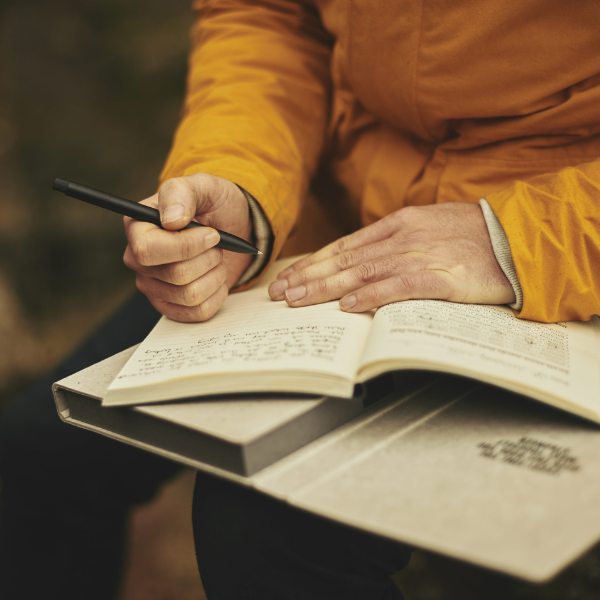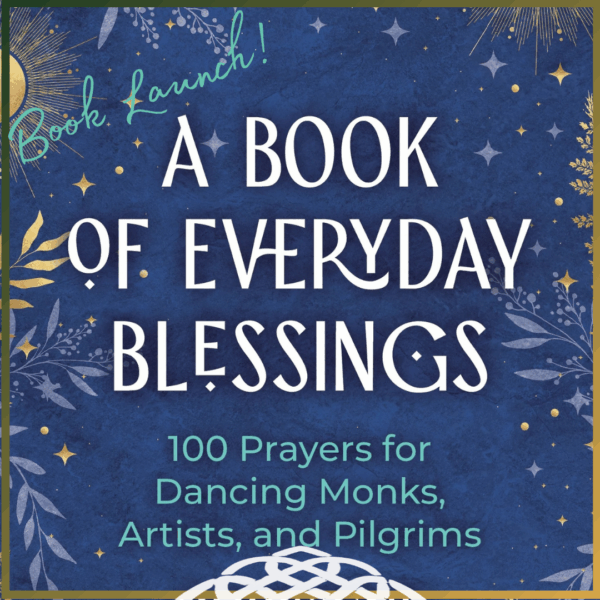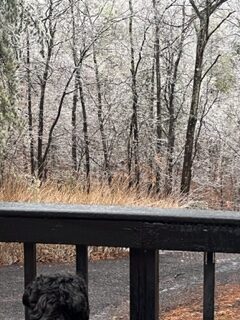Dearest dancing monks, artists, and pilgrims
Tomorrow we begin a 4-week series on Writing as a Spiritual Practice. The online program begins with a live Zoom retreat and then offers 27 days to follow with a daily pre-recorded writing prompt designed to take you about 20 minutes as a way to cultivate a writing habit. There are two additional prompts each day as well for when you have more time to spend diving into your creative well.
I am deeply inspired by monastic tradition, one of the great contemplative and mystical strands of Christian heritage, and also present in other religions. Monks were the keepers of wisdom through their commitment to spiritual practice and to the art of writing. Manuscripts were illuminated, bringing word and image together, to shine a light on the poetry, stories, and other wise words that shape our western cultural imagination.
I have been a writer for as long as I can remember. My journal is an intimate companion to my days. Writing is often a doorway of discovery to what I didn’t know before. When I write with openness to the unfolding journey, surprises await me on the page. When I fell in love with monasticism in graduate school 30 years ago, I discovered a set of practices that resonated with the part of me that loves spaciousness and slowness. I slowly came to realize that the contemplative way can also be a gift for our creativity as well, nurturing it in powerful ways.
Sacred Tools and Rituals
The Benedictine tradition encourages us to consider all things, people, and time as sacred. Benedict’s Rule states that the tools of the kitchen are to be treated with as much reverence as the sacred vessels of the altar. What if we treated the tools of our writing practice as sacred tools as well?
Blessing is an act of gratitude that honors the capacity for something to offer more than we expect in return. What if we began our writing time with a blessing for our creative work, blessing our hands as vessels, blessing the pen and paper (or laptop) as the implements of our expression?
Sacred Encounters and Hospitality
Benedict also wrote that every stranger who comes to the door is to be treated as the face of the divine. Creativity has a way of stirring up a multitude of inner voices, whether the perfectionist, the critic, or the judge. When we resist those voices we often end up feeling stuck or blocked. Writing as a contemplative practice calls us to make room for whatever shows up in a given moment and to treat it with respect, even as it may cause us some fear and trembling.
When the strangers arrive into our lives, whether circumstances that make us uncomfortable, or parts of ourselves longing for integration, what would happen if we treated these guests as doorways to the divine presence? All of life has the potential to become a meeting place for the sacred. This can become the foundation for our writing.
Sacred Rhythms and Time
In the monastery, the unfolding of time is honored as sacred. The monks would pause about every three hours to gather together for prayer. This was a way of remembering throughout the day their source and mission. When we honor the rhythms integral to nature, we allow our own creativity to flourish. Nature can’t sustain a perpetual spring and summer, so why do we expect the same from our creative life? What if blocks were simply times the soul was lying fallow in preparation for a future harvest? What if stepping away from our work and allowing some time for silence was necessary to keep the inspiration flowing? Sometimes we try to fit our creativity into a pre-designed mold rather than listening to our own creative rhythms and how they want to unfold.
Writing as Pilgrimage
In the Celtic monastic tradition, one of the unique and key features was peregrinatio, a practice of stepping into a coracle without an oar or a rudder and letting the winds and the currents carry them to the “place of their resurrection.” At heart this was a practice of pilgrimage which signaled a profound surrender to the heart of mystery and where it might lead them. Our writing practice might garner some wisdom from this ancient way of wandering. What if we tried to direct things less and yield more to the flow of the current of creativity at work in our lives? What if we became less concerned with product and more so with process?
Always a Beginner
Buddhism counsels “beginner’s mind” and Benedict advises that we always we begin again. Essential to the creative process is the humility to recognize our own humanness. When we fall away from our practice, instead of endlessly berating ourselves, the invitation is to ever so gently return. When writing becomes a spiritual practice, it opens us up to the possibility of discovery, of gentleness with ourselves, and of following rhythms which are renewing rather than exhausting. Our writing then can help us to break open the ordinary wonders of daily life.
Please join me for Writing as a Spiritual Practice which starts tomorrow.
With great and growing love,
Christine
Christine Valters Paintner, OblSB, PhD, REACE
Image Paid License with Canva



